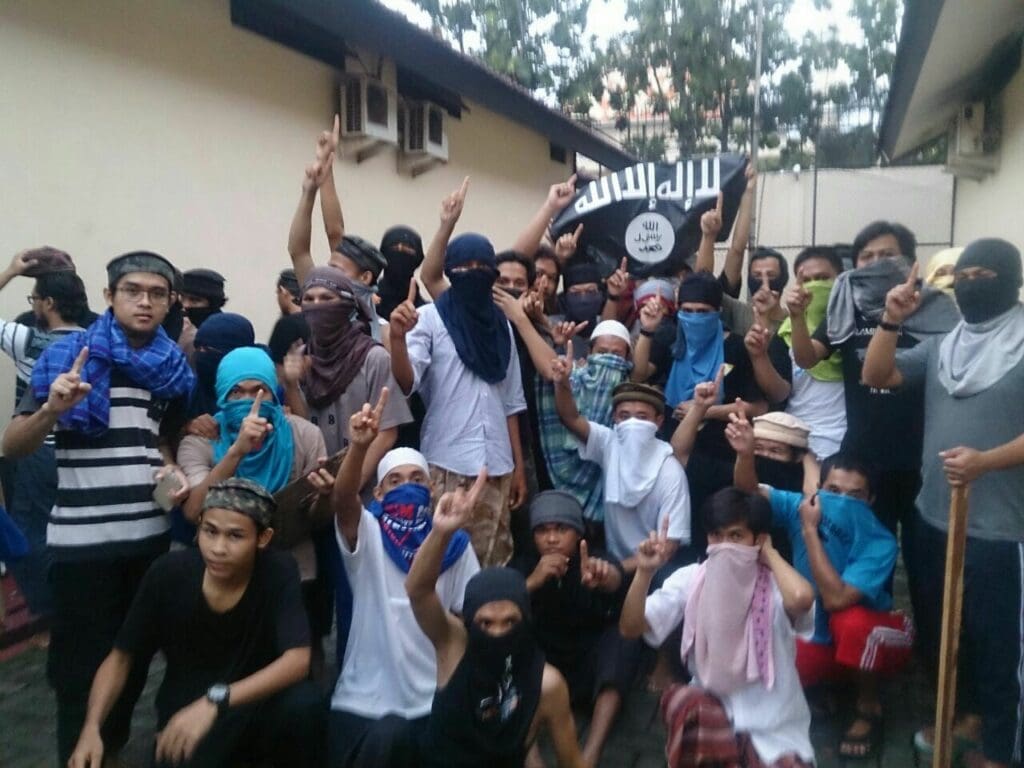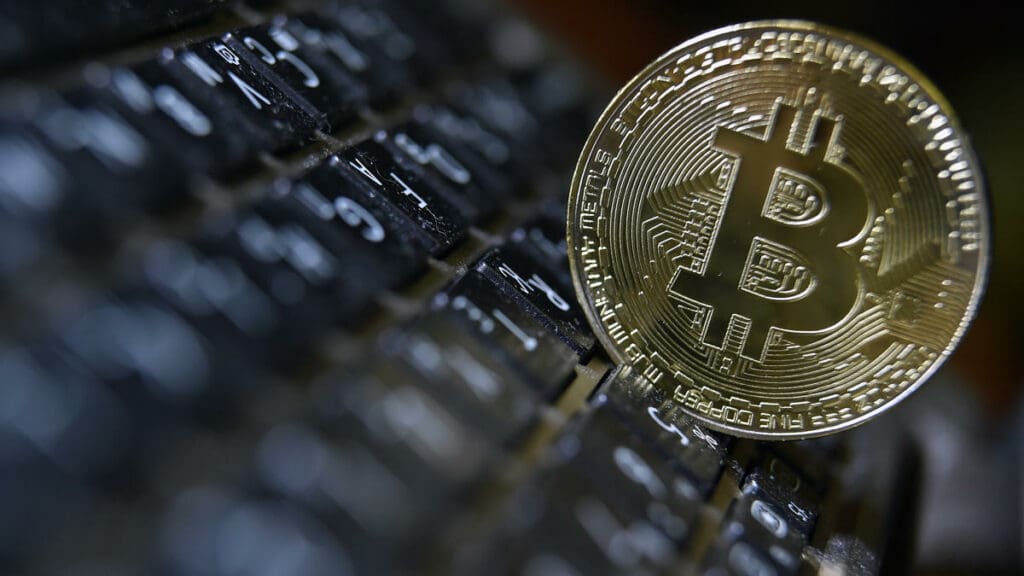Blog
Blog
Upvoting Extremism, Part II: An Assessment of Extreme-Right Discourse on Reddit
December 5, 2018By Tiana Gaudette, Garth Davies, and Ryan Scrivens This blog is Part II of II. Click here for Part I. This blog is the second of a two-part series that was presented at the ‘VOX-Pol Conference – Violent Extremism, Terrorism, and the Internet: Present and Future Trends’ in Amsterdam on 20 August 2018. Last week on ...
Blog
Upvoting Extremism, Part I: An Assessment Of Extreme Right Discourse On Reddit
November 28, 2018By Tiana Gaudette, Garth Davies, and Ryan Scrivens This blog is the first of a two-part series; it was originally presented at the ‘VOX-Pol Conference – Violent Extremism, Terrorism, and the Internet: Present and Future Trends’ in Amsterdam on 20 August 2018. Like other extremist movements, right-wing extremists from across the globe have exploited the power of the ...
Blog
Islamic State’s Virtually Planned Terror Plots: A Note on Current and Future Research
November 21, 2018Earlier this month (9 Nov.), Hassan Khalif Shire Ali (30) carried out a terrorist attack on Bourke Street mall in Melbourne, Australia in which he stabbed one person to death and injured two others. Attention immediately turned to whether Shire Ali was in direct–potemtially online–contact with so-called ‘Islamic State’ (IS). The Australian Federal Police later said ...
Blog
Crowdsourcing Terror in Indonesia
November 14, 2018By Jennifer Yang Hui In the wake of high-profile terrorist activities in Indonesia, social media’s role in violent extremism is once again under scrutiny. The 36-hour standoff on 8 May 2018 between inmates linked to the so-called Islamic State (IS) and prison officers at Mako Brimob (the detention centre of the Indonesian National Police Mobile ...
Blog
The Alt-Right in Europe
November 7, 2018Read in Dutch Read in French Read in German Earlier this month, VOX-Pol published The Alt-Right Twitter Census, an analysis of the online activities of the right-wing umbrella movement. The report examined almost 30,000 followers of Twitter accounts that self-identified as alt-right in their user names or profile information. The report painted a picture of ...
Blog
De ‘Alt-Right’ in Europa
November 7, 2018 Read in English Read in French Read in German Eerder deze maand publiceerde VOX-Pol de Alt-Right Twitter Census, bedoeld om de online activiteiten te analyseren van uiterst rechts. Het rapport inventariseerde bijna 30.000 volgers van zelfverklaarde extreemrechtse Twitter-accounts, met gebruikmaking van gebruikersnamen of profielgegevens. Het zwaartepunt van de beweging die door het rapport ...
Blog
«L’Alt-Right» en Europe
November 7, 2018 Read in English Read in Dutch Read in German Au début du mois, VOX-Pol a publié l’Alt-Right Twitter Census, une analyse des activités en ligne de ce « mouvement parapluie » de droite. Ce rapport a examiné près de 30 000 adeptes de comptes Twitter qui s’auto-identifient comme souscrivant à ce mouvement par leurs identifiants ...
Blog
Die „Alt-Right“ in Europa
November 7, 2018 Read in English Read in French Read in Dutch VOX-Pol hat diesen Monat den Alt-Right Twitter Census, eine Analyse der Online-Aktivitäten der rechtsextremen Leitbewegung, veröffentlicht. Der Bericht wertet Daten von fast 30.000 Followern von Twitter-Accounts aus, die sich in ihren Benutzernamen oder Profilinformationen selbst zur Alt-Right bekennen. Der Bericht schildert eine Bewegung, deren ...
Blog
This Isn’t Helter Skelter: Why the Internet Alone Can’t be Blamed for Radicalisation
October 31, 2018By Daniel Baldino & Kosta Lucas The Internet’s precise role in the process of radicalisation remains vexing. You can lead a person to a bomb-making manual, but you can’t make them use it. Radicalisation is a social process. It refers to a means by which an individual or group embraces an extreme ideology and rejects ...
Blog
Cryptocurrencies: Potential for Terror Financing?
October 24, 2018By Ahmad Helmi Bin Mohamad Hasbi and Remy Mahzam Synopsis Given their transaction anonymity and user-friendliness, cryptocurrencies appeal to extremist groups as they offer a viable alternative to the mainstream financial system and fiat money which are perceived as ‘kafir’ (infidel) currencies. The threat of cyber-driven terrorist financing is expected to grow. Commentary Bitcoins and ...






